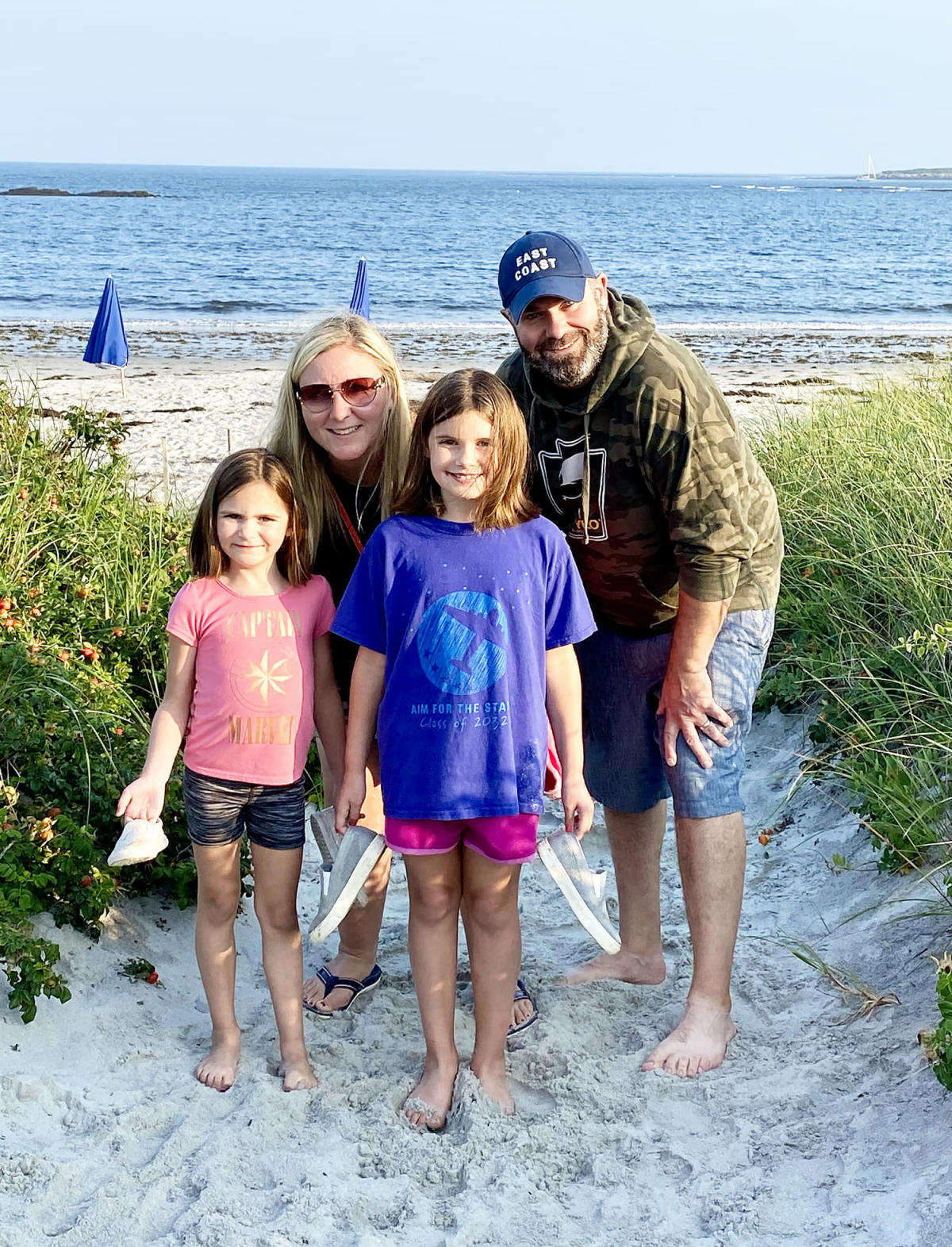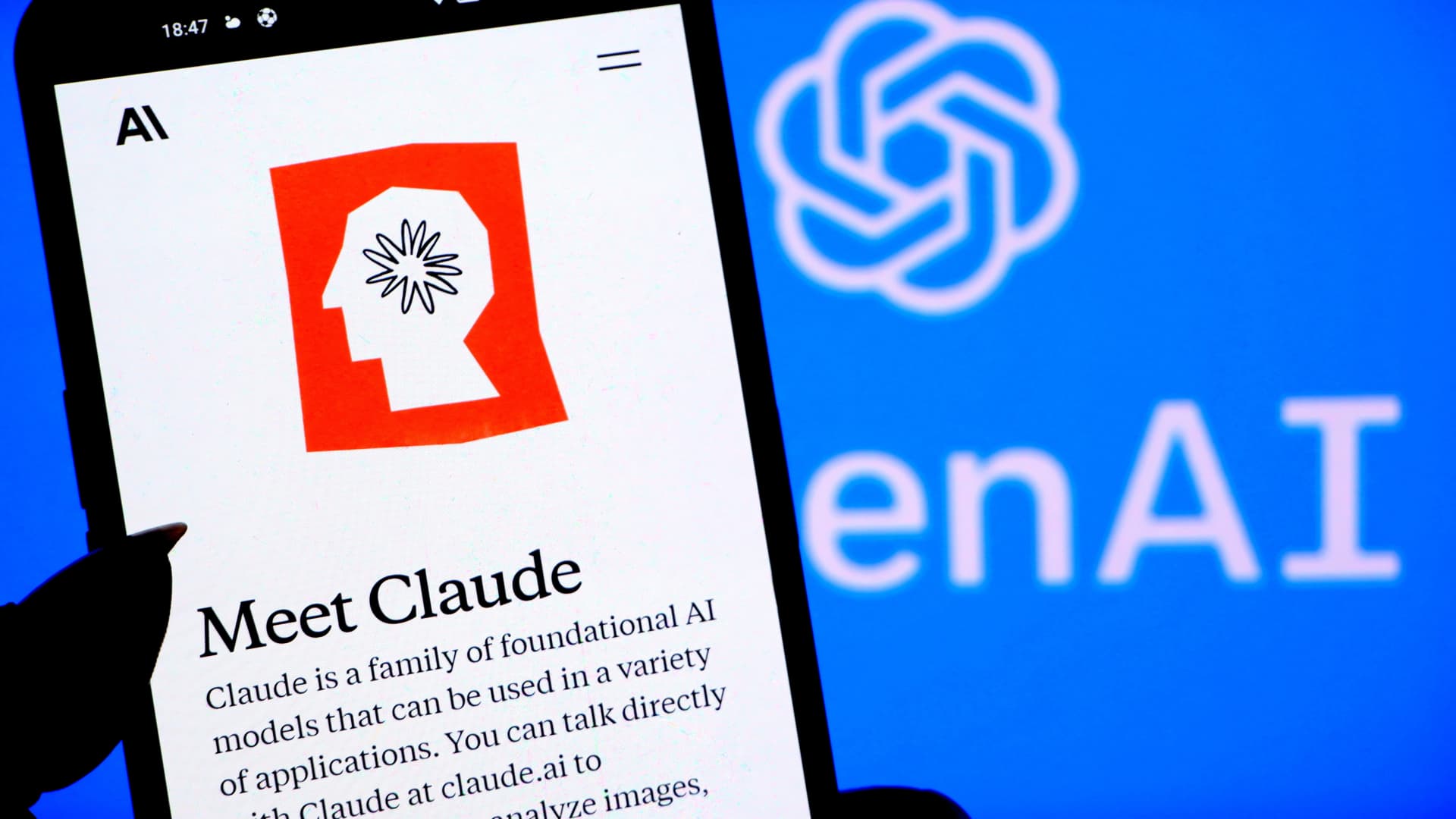For years, colon cancer has been on the rise in younger people for unclear reasons. While cancer deaths in the U.S. are falling overall, a new report from the American Cancer Society highlights how the increase in colon cancer, as well as some other cancers, is threatening to buck that trend.
In the late 1990s, colorectal cancer was the fourth-leading cause of cancer deaths in men and women under 50. But new data shows that it is now the top cause of cancer death in men under 50 and second to only breast cancer for women in the same age group.
“Cancer patients are increasingly shifting from older to middle‐aged individuals who have many more years of life expectancy, and thus, opportunity to experience the late effects of treatment, including subsequent cancers,” the study authors wrote.
“The continuous sharp increase in colorectal cancer in younger Americans in alarming,” said senior study author Dr. Ahmedin Jemal, senior vice president of surveillance and health equity science at the American Cancer Society, in a press release. He called for an increase in screening for people between 45 and 49, especially for those with a genetic predisposition for colon cancer.
“As a nation, we’ve dropped the ball on cancer prevention as incidence continues to increase for many common cancers — like breast, prostate, and endometrial, as well as colorectal and cervical cancers in some young adults,” added Rebecca Siegel, senior scientific director, surveillance research at the American Cancer Society and lead author of the report, in the press release.
The increase in colorectal cancer specifically may be due to factors such as more processed foods, higher rates of alcohol consumption and obesity, and more sedentary lifestyles, Dr. William Dahut, chief scientific officer for the American Cancer Society, tells TODAY.com. But there’s likely something else at play, too, that’s more elusive.
“It’s at least possible that those are the things driving this. We do see more men than women having colorectal cancer,” Dahut says. “Whether that’s again due to a poor diet or obesity and less exercise is at least a possibility.”
When Carmen Susman, 47, experienced bladder problems, a doctor suspected he might have kidney stones. An ultrasound of his kidneys unmasked an unexpected diagnosis: He had a mass on his liver. Further testing revealed it wasn’t liver cancer, but instead it was stage 4 colorectal cancer.
“When I was diagnosed, I was feeling great. My wife and I, we were exercising together every day. I had all kinds of energy. I was happy. I felt fantastic,” Susman, a stay-at-home dad from Cleveland, tells TODAY.com. “Then you get this punch in the chest saying you have cancer. I’m like, ‘How can I have cancer if I feel this good?’”
Urinary issues lead to an unexpected diagnosis
Susman noticed he’d feel the urgency to urinate but couldn’t. He visited a urologist to understand what was happening, and that doctor thought he should undergo an ultrasound to look for kidney stones. The scan revealed he had a horseshoe kidney, a condition where the two kidneys are fused at the bottom, which can be asymptomatic. More worrisome, it showed a mass on his liver, and doctors ordered an MRI to learn more.
“There was a nurse saying, ‘We see this all the time. People come in, and it could be some fatty mass there. You’re going to be fine,’” Susman says. “After the MRI, they knew. … Her demeanor completely changed, and I was just crushed walking out that day. I knew that something was wrong.”
At first, doctors thought it was liver cancer.
“It’s pretty much endgame,” he says. “For about three weeks, until I started meeting with some doctors, that’s what I was thinking — that I had about a year or two to live.”
But his doctors knew that primary liver cancer was rare, so they performed a colonoscopy, and they found a tumor in his rectum. (When he was diagnosed, he had not had a chance to schedule his first colonoscopy yet).
“They were like, ‘OK, you don’t have liver cancer. It’s rectal cancer, and here’s the plan: We’re going to do radiation, chemo and curative surgery,’” he recalls. “I’m like, ‘Would you say that again? Can you go back to the heart of it?’ It went from me thinking that I have a year with my kids and my wife to really hoping to move forward.”
Susman’s cancer had metastasized to his liver. Still, he felt surprised that doctors considered it curable. He went through short term radiation, which was five days of back-to-back targeted treatment. Then he started chemotherapy.
“Your body immediately starts getting drained and you can start to feel different,” Susman says.
Two weeks into it, he began throwing up bile and he rushed to the emergency room. Susman had a blockage in his intestine that needed to be removed immediately.
“I had to have emergency surgery, and they (placed) a colostomy bag because I was just so backed up,” he says. “It delayed the chemo treatment; it delayed the surgery. So, it got to the point where I was trying to do anything possible just not to delay anything else.”
Symptoms of colorectal cancer in young patients
Once considered an older person’s cancer, colon cancer diagnoses in young people have experienced a dramatic increase since the 1990s. A March 2023 report from the American Cancer Society found that people under 55 made up almost double the percent of colon cancer diagnoses in 2019 compared to 1995 — 20% versus 11%.
“If you went back to not that along ago, in the ‘90s, only one out of five colorectal cancers are being diagnosed in people under the age of 55,” Dahut says. “That’s a big change in a relatively small period of time.”
Dr. David Liska, director of the Young-Onset Colorectal Cancer Center at Cleveland Clinic, says the reasons for the increase are unclear.
“The quick answer is we don’t have a perfect understanding of why it is happening,” he tells TODAY.com. “We do know that it is happening, and it’s happening consistently now for the last two decades at least. And it’s happening all over the Western world.”
“If the current pace continues, by 2030, the rate of colon cancer in young adults, meaning people under the age of 50, will have doubled, and for rectal cancer, it will actually have quadrupled,” Liska says. “It’s probably an interplay of both environmental factors and some host-related factors.”
Still, diet, lack of exercise and obesity can’t provide a complete understanding of why rates increase.
“I have plenty of patients who are young and healthy and fit and can still get colorectal cancer,” Liska says. “So, it’s not the full story.”
Common symptoms of colon cancer include:
For some, the stigma of sharing bowel symptoms might keep them from telling their doctor.
“Patients don’t necessarily bring up the symptoms,” Liska says. “It’s a topic that people aren’t comfortable talking about.”
When to get screened
Colorectal cancers can be detected early in a precancerous state, one of the few cancers that can, the experts say. That’s why screening through a colonoscopy remains essential. Starting at age 45, people should be undergoing a colonoscopy.
Another reason screening is important is that “it is common” for some patients not to have symptoms, Liska says, adding, “(The younger patients) are usually diagnosed because of colonoscopy.”
Colonoscopies also give doctors a chance to remove any precancerous polyps they may find.
“The vast majority of polyps that are found during colonoscopies are removed then and there during the colonoscopy,” Liska says. “(We) stop the polyp in its tracks and prevent the cancer.”
The American Cancer Society, the U.S. Preventative Services Task Force (USPSTF), and the American College of Radiology all recommend that people who have an average risk of colon cancer (no family history) start screening at age 45.
However, the guidance around colon cancer screening can be confusing. There are multiple ways to screen for colon cancer, such as stool tests or a colonoscopy, and different expert groups have different guidance on when to get screened based on your risk.
For example, the American College of Physicians announced in July 2023 that “average-risk adults” who aren’t experiencing colon cancer symptoms can wait until age 50 to get screened. And a study from October 2022 caused an uproar when it concluded that colonoscopies are associated with little-to-no decreased risk of death (though the data actually told a more complicated story, experts told TODAY.com at the time).
The bottom line on colon cancer screening is to talk to your doctor about your own individual risk of colon cancer and assess together when to start, according to Dr. Cedrek McFadden, board certified colorectal surgeon. Most insurances will cover colon cancer screening for average risk patients starting at age 45 since they tend to take the lead of the USPSTF.
If you have symptoms or are high risk for colon cancer, you’ll likely need to start screening before turning 45. But again, speak with your health care provider.
Recovering from colorectal cancer
After doctors addressed the blockage in his intestine, Susman resumed treatment and underwent surgery to remove the rectal and liver tumors in July 2022.
“There wasn’t any spread in the liver,” he says. “There was nothing really left of the tumor to begin with before surgery.”
Susman’s lymph nodes and bloodwork did not show any further signs of cancer. In November 2022, they reversed his ileostomy, and he no longer needs a colostomy bag.
“We’re starting to return to normal,” he says. “I am living a normal life. Physically I have the energy level. I’m able to run around with my kids again, exercising again.”
Grappling with the feelings of having cancer feels a little tougher to Susman.
“You’re doing these scans and you’re doing this bloodwork thing, and it’s almost a bimonthly reminder (that) something could go wrong,” he says. “Something could change.”
He encourages loved ones to keep up with their colonoscopies.
“There’s almost a stigma around any type of conversation surrounding that,” Susman says. “If you don’t have symptoms, go get a colonoscopy at 45, and if you have any type of bigger irregularities, go get it checked.”
His experience with cancer changed his perspective on life. Before, he’d put off bucket list goals, thinking he’d have plenty of time to get to them. Now, he’s seizing the moment.
“You can’t go out and buy time, but I feel like I was gifted time,” he says. “A lot of people don’t get that.”
This article was originally published on TODAY.com










